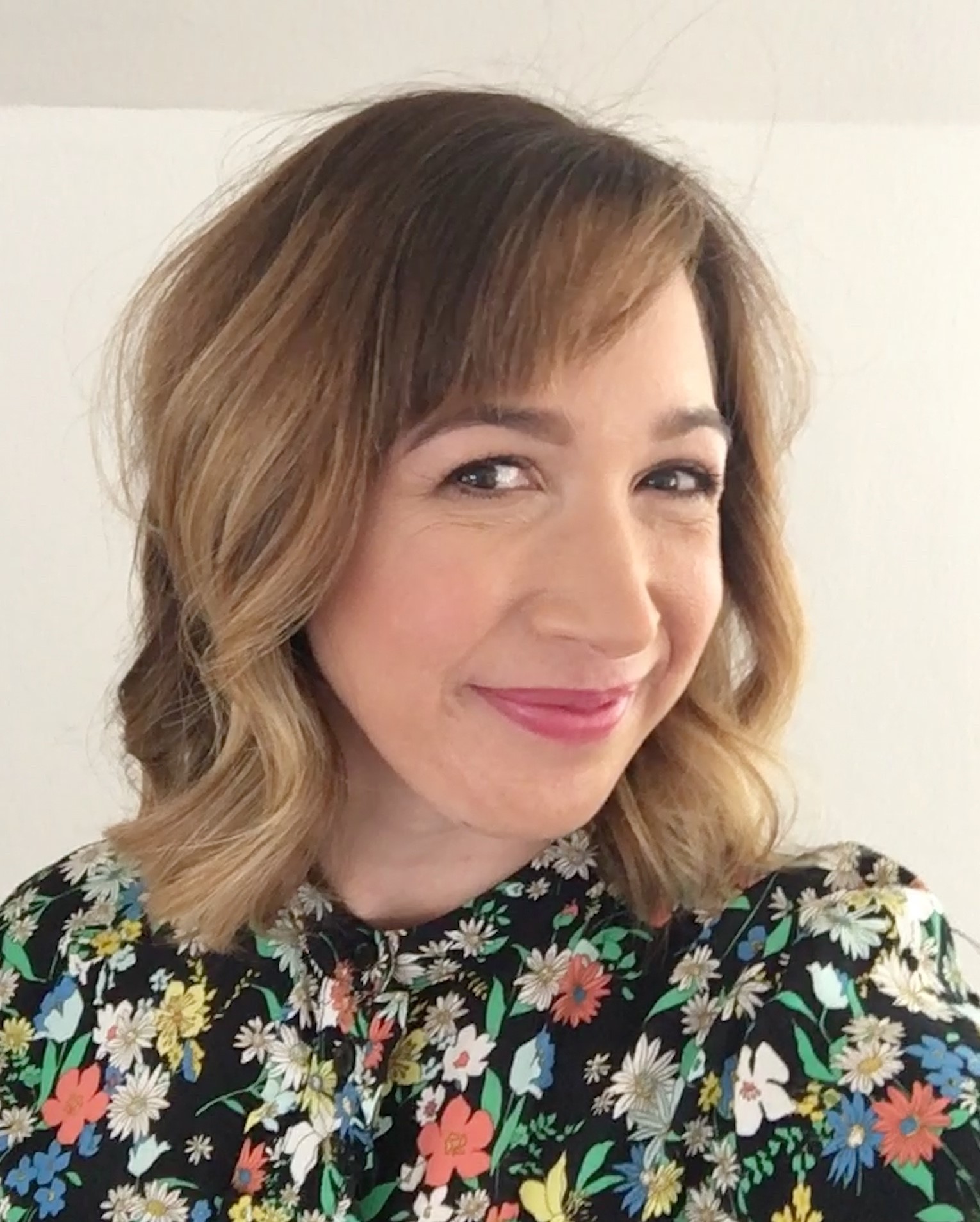“A business is simply an idea to make other people’s lives better.”
— Richard Branson, Founder of Virgin
At some point in law school (and it could be Day 1), most of us stop thinking like humans. We no longer care why someone came to us or how they ended up in our office – our minds immediately jump to ‘how can I fix this?’, ‘how can I lower her financial exposure?’ and/or ‘how much is this case worth?’ These are not bad questions. They make sense. People come to us to solve a problem and that’s exactly what we want (and are paid) to do.
But leaving the personal out of the professional has significant consequences. I submit, and I may become hated (and certainly criticized), that because of this, our relationships suffer (a topic for later pondering), our practices become stale and we become bored and disillusioned. For many of us, to stay excited about our profession, find passion in our work, explore innovative ways to earn a living and to stay relevant to our clientele — we are compelled to pause and find our (pre) law school enthusiasm and creativity – to provide a framework that gets at what the modern legal consumer wants – not just needs.
In consumer facing areas of law (e.g. Landlord/Tenant, Divorce & Family Law, Bankruptcy, Debt Collection Defense, etc.) we have more opportunities than ever before to provide a user experience that goes beyond the legal needs of the individual. We have an opportunity (and a duty?) to give the user a satisfying, empowering and in some cases – happy experience.
I don’t mean every lawyer must now go out and pour every last penny into a risky legaltech innovation. Each lawyer – solo, small or large firm lawyer – has the opportunity to stand out from the crowd by shifting a few important things to create a much better user flow – and therefore – more satisfying experience. This is not terribly difficult in an industry that notoriously has low service expectations to begin with.
Where do we start?
1. Focus on the individual:
Ask them!
By focusing on the litigant’s needs and concerns (as opposed to what we think is best for them), we can help them to find creative solutions and make choices that are best for themselves. Find a few people who have either been served by your firm or are facing an issue that will soon require them to seek out legal help. Ask them: What is your biggest fear? What could we provide that would make you feel more comfortable, more empowered? What are your expectations of me? What are your expectations of the legal system? How do you like to communicate? What is your budget? What do you think you most need help with? How much time do you have (or want) to devote to this case? What could we do that would make your life (even a little bit) better?
2. Legal options:
It’s a sellers market and people need lawyers.
Why would we think about life beyond the billable hour when it has been so profitable for us? Four main reasons: (1) People hate it; (2) We hate it; (3)People are rebelling against it; and (4) It requires everything about our practice to be about US and frankly, that’s exhausting. Why are we so afraid of unbundled services, legal coaching and/or mediation? What if we created tools and products that many people could use to navigate different aspects of a variety of legal issues? They don’t have to be complicated and lord knows there’s enough accessible technology out there to help us keep our costs down. Diverse revenue generating ideas is plain old good business.
3. Guide not proselytize:
Is there a way for our client to understand profound consequences of their actions without instilling the fear of god?
Motivating by fear is paralyzing while providing encouragement is liberating. By guiding our clients we are empowering them to make their own decisions – decisions that they will likely feel better about. To do this we have to take a step back – put ourselves in the users shoes and do something that many of us were taught to avoid – listen. If it sounds basic, it is. We use big words, operate in a heightened state of emotion, cultivate big ideas and work within complex legal framework. All of these are useful skills – but have very little value to our client’s when they just want to know what is really at stake and want to feel ‘taken care of’ and in control.
As artificial intelligence ramps up and transparency with legal information becomes status quo, how are you going to remain relevant? People will always need a human connection.
What is one thing that you can do this year to make your law practice more human?
Make website copy user friendly? Spend less time living in lawyer speak? Add graphics to text heavy informational materials? Give a client a hug?


